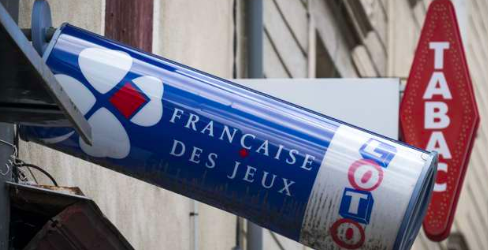French casino trade union ‘Casinos de France’ has written to the En Marche government demanding that its planned sale of state-owned gambling/lottery operator Francaise des Jeux (FDJ) be undertaken on specific terms which do not hinder national casino incumbents.
The trade union, which represents staff working across forty French private/independent casino operators including Groupe Barrière, Partouche and Tranchant, states that FDJ’s sale must not include any terms allowing its buyer to service ‘Article-D (321-13)’ games.
Under France’s current gambling code, Article-D games reference casino-style inventory and slots machines, making no clear distinction between land-based and digital verticals. Furthermore, these games are classified as ‘hard content’ regardless of player % payouts.
Writing to En Marche, the governance of Casinos de France demands that its sale terms stipulate that the buyer of FDJ cannot service hard games content across FDJ terminals and its network of outlets.
The trade union highlights ‘FDJ’s +30,000 retail point network’, underlining that without this written demand 200 French casinos would be exposed to ‘encroachment by a new buyer’, who could simply add casino content to FDJ terminals, threatening the outlook and performance of its members.
Casinos de France closes its statement by detailing that it will challenge any threat to France’s land-based casino sector, reminding En Marche of the employment, commercial and cultural benefits of French Casinos.
“45,000 jobs including 15,000 direct, 60 million visitors, 500 cultural events supported financially, 350 bars and 300 restaurants in the casinos as well as 300 performance and reception halls employing 20,000 intermittent performers, 50 hotels, 35 discotheques, 34 bowling / cinemas, financial support and active development of tourism sector,” it said.
This August, Bruno Le Maire – France’s Finance Minister – expressed confidence that En Marche would deliver on its schedule to sell FDJ by the end of 2019, fulfilling a key directive of the government’s ‘Pacte Loi‘ enterprise mandate.









